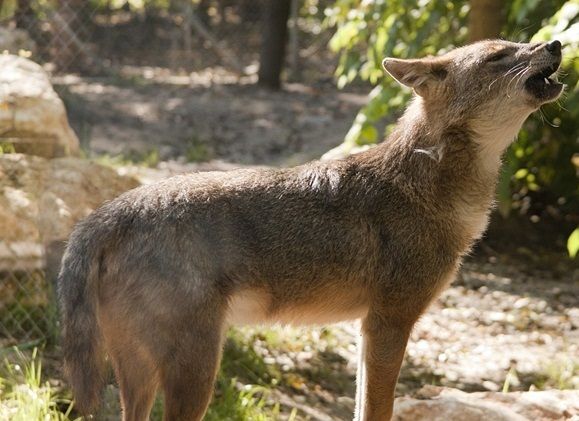Denmark seems to be attracting all kinds of interesting animals these days.
First the wolves made a spectacular return to Denmark after a 200-year absence, and now the European jackal has suddenly popped up in the Jutland countryside.
It has been confirmed that a dead male European jackal – which is usually found in southeast Europe (mostly in Greece and Serbia) – has been found near Karup in Jutland, and nothing suggests that it has been released or has escaped from captivity.
“It’s always very exciting and quite rare to see new mammal species in Denmark’s nature,” said Ella Maria Bisschop-Larsen, the president of the conservation society Danmarks Naturfredningsforening. “Although we have experienced the raccoon dog and the wolf recently.”
“We’re not too happy about the raccoon dog, but the wolf, which is a native species, needs protecting. Now we must discuss how we will handle it if there are more jackals out there or if more arrive.”
READ MORE: Tracking wolf pups in Jutland
A jackal of all trades
As of today, the jackal is not protected by Danish law and it has not lived in Denmark before. It will be ascertained whether the jackal arrived in Denmark via natural migration or due to changes in the nature and climate.
The European jackal, also known as the Caucasian jackal, is a canine species that is a bit larger than a fox but smaller than a golden retriever. They eat small to medium-sized animals such as hares and small deer, birds’ eggs, insects and fruit. It is not a danger to humans.
Danmarks Naturfredningsforening has spoken with its German counterpart, which has confirmed there have been jackal sightings south of the Danish border.















